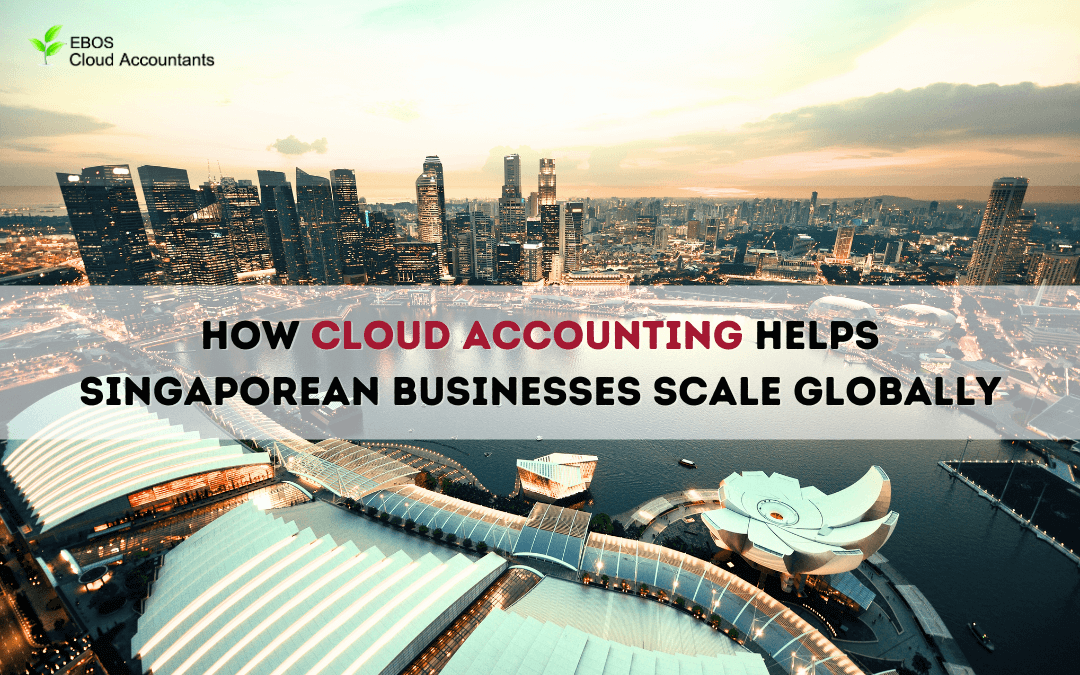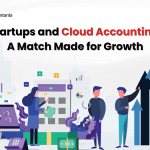In today’s digital era, Singaporean businesses are no longer limited by geography. With globalization and technological advancements, companies of all sizes are expanding beyond borders. One key enabler of this growth is cloud accounting—a game-changer for businesses looking to scale internationally. Here’s how cloud accounting helps Singaporean businesses thrive on a global scale.
1. Real-Time Financial Management
Cloud accounting software allows businesses to access their financial data in real time from anywhere in the world. Whether you’re in Singapore or attending a business meeting overseas, you can track expenses, review financial reports, and manage cash flow seamlessly. This level of accessibility ensures better decision-making and financial control.
2. Multi-Currency Transactions Made Easy
Expanding globally means dealing with multiple currencies. Cloud accounting platforms such as Xero, QuickBooks Online, and Sage offer automatic currency conversion and real-time exchange rate updates. This helps businesses minimize currency fluctuation risks and streamline international transactions effortlessly.
3. Automated Compliance with International Regulations
Navigating different tax regulations and financial reporting standards can be challenging when scaling globally. Many cloud accounting solutions integrate compliance tools that help businesses adhere to international tax laws, including GST, VAT, and corporate tax regulations. This ensures businesses remain compliant while operating in multiple countries.
4. Enhanced Collaboration Across Borders
Cloud-based accounting software enables teams from different locations to work together in real time. Accountants, finance teams, and business owners can access the same up-to-date financial information without delays. This fosters efficient collaboration, improves financial accuracy, and eliminates bottlenecks caused by manual data sharing.
5. Cost Savings & Scalability
Unlike traditional accounting software that requires heavy infrastructure, cloud accounting operates on a subscription-based model. This eliminates the need for expensive servers and IT maintenance. As businesses grow, they can easily scale their cloud accounting system by upgrading features without significant upfront costs.
6. Integration with Global Business Tools
Cloud accounting platforms integrate with various business tools such as CRM software, payment gateways, and e-commerce platforms. This seamless connectivity ensures smooth operations, automates invoicing, and simplifies financial tracking across multiple business units and international markets.
7. Stronger Data Security and Backup
International expansion increases exposure to cyber threats. Cloud accounting providers offer robust security features, including data encryption, two-factor authentication, and automated backups. These security measures protect sensitive financial data, ensuring business continuity and compliance with global data protection laws.
8. Better Cash Flow Management for International Expansion
Expanding globally requires efficient cash flow management. Cloud accounting tools provide cash flow forecasting, enabling businesses to predict income and expenses. This helps companies plan for overseas investments, manage operational costs, and ensure financial stability during international growth.
Conclusion
Cloud accounting is no longer just a convenience—it’s a necessity for Singaporean businesses looking to scale globally. With real-time access, multi-currency support, compliance automation, and seamless integrations, cloud accounting empowers businesses to expand with confidence. By leveraging these digital solutions, Singaporean enterprises can compete effectively in the global marketplace and drive long-term success.
Check out our website at https://ebos-sg.com/ to explore more articles and discover how our Cloud Accountant Services can support you on your business.







